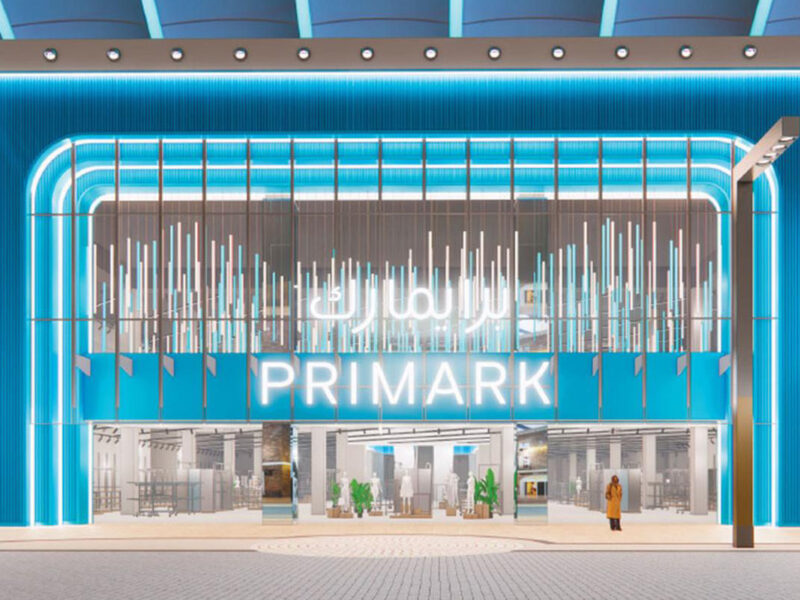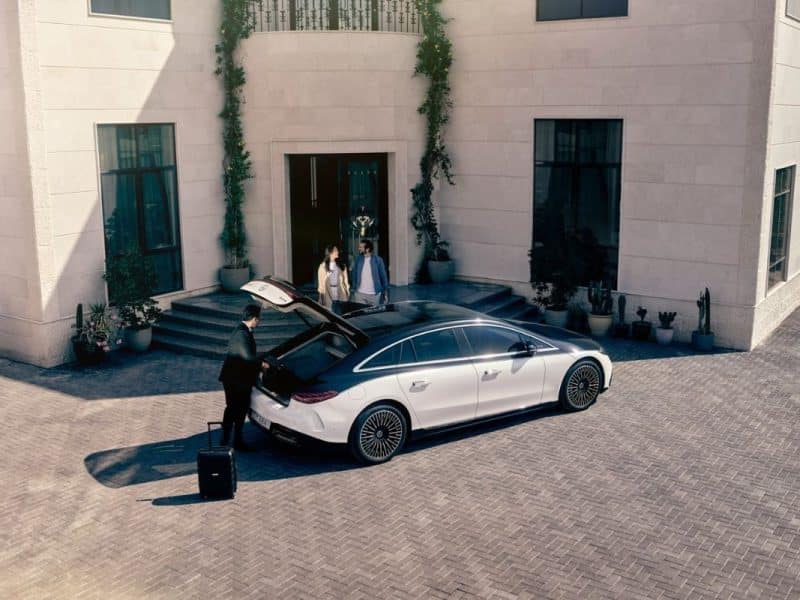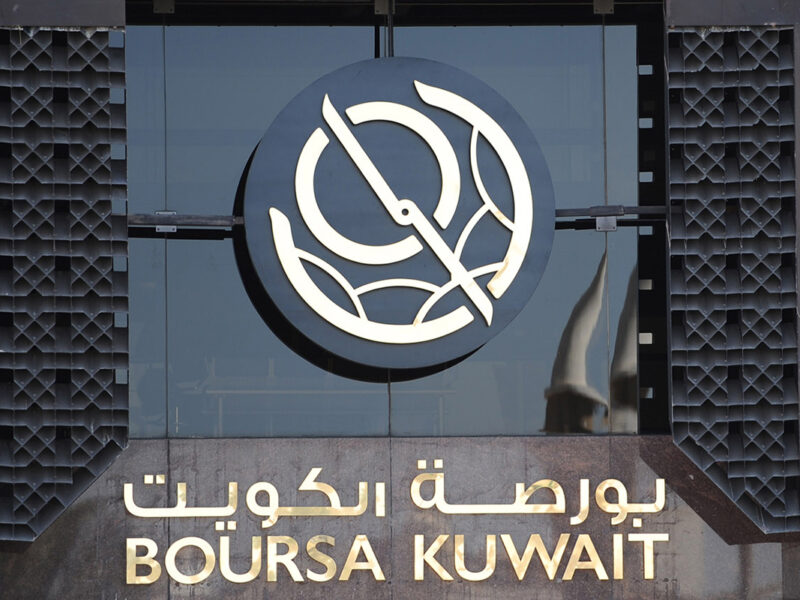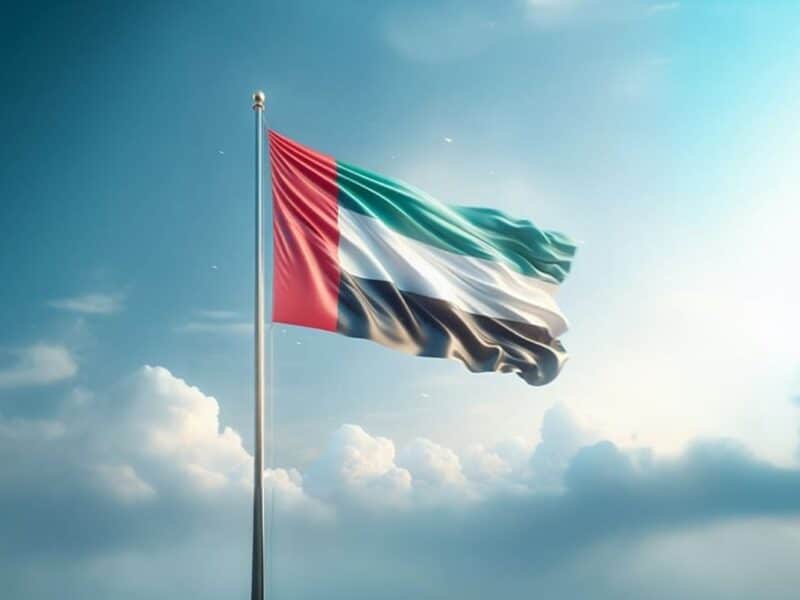As the Gulf country that relies the most on oil – it still accounts for 60 percent of its GDP – Kuwait had to confront the same economic realities as many of its neighbours when the price per barrel slipped below $30 in 2016, perhaps even more so. The country, however, has been able to face them head on with a combination of strong financial buffers, a growing service economy and an increasing appetite for foreign investment.
According to a recent report from National Bank of Kuwait (NBK), the country’s non-oil economy grew by 3.3 percent in 2017, up two percent from the previous year and slightly above NBK’s own forecast of three percent. While the pace of growth tailed off slightly in the fourth quarter to 2.4 percent, overall the economy has continued to recover from its drastic slowdown in 2014 and 2015.
However, lower oil output led GDP to shrink by 2.9 percent over the course of the year, with oil output down eight percent due to cuts imposed by OPEC and its non-OPEC partners.
A project for the future
Among other key sources of growth in Kuwait is project spending, with a strong commitment to capital expenditure by the government. This commitment was boldly highlighted in March by the Kuwait Investment Forum, where an ambitious roadmap to develop the country’s northern region was outlined.

National Bank of Kuwait (NBK) reported a 9.6 percent jump in first quarter net profits last week
The Northern Gulf Gateway mega-city plan is expected to add as much as $220bn to the country’s GDP and aims to attract $200bn in foreign direct investment, opening the doors for investment from American, European, Chinese and Asian investors. The development also plans to create as many as 400,000 jobs, as well as attract between three and five million visitors annually by opening up new investment opportunities in the tourism, hospitality and leisure sectors.
“To regain growth, we have chosen the Northern Gulf Gateway development, not only as an economic catalyst but also to build a new geopolitical era,” Kuwaiti First Deputy Prime Minister and Minister of Defence Sheikh Nasser Sabah Al Ahmad Al Sabah said of the project when it was unveiled in March. “We can use the geographic advantage of our northern region, which lies closest to two of the world’s oldest civilisations, to help build new relations with our neighbours. Connecting to the Belt Road Initiative, the development will have a world-class airport, a knowledge zone, leisure zone and educational zone.”
A key stop on the New Silk Road
Among the key foreign players in Kuwait’s efforts to complete the project – and diversify its economy – will be China, which considers the Gulf nation a key part of its One Belt One Road initiative.
Already, the relationship between the two countries is strong. At the recent Kuwait Investment Forum, for example, Jiang Zengwei, the Chairman of the China Council for the Promotion of International Trade (CCPIT) and the China Chamber of International Commerce (CCOIC), noted that “China is today one of Kuwait’s most important trading partners and an important end-user of crude oil from Kuwait.”

Changes to Kuwait’s equities market are taking the stock exchange “to the next level”, says NBK
Bilateral trade, Zengwei noted, reached $12bn in 2017, recording an impressive year-on-year growth of 28 percent. These figures, however, are set to grow further, with Chinese firms eyeing opportunities across Kuwait, particularly in Kuwait’s Silk City and the five-island development, which Zengwei describes as a “key project” of the $1tr One Belt One Road initiative. During his remarks, Zengwei – who led a large contingent of more than 50 Chinese businessmen at the Kuwait Investment Forum – added that “Chinese companies can support capacity enhancements in various sectors, including manufacturing and in infrastructure development that will help diversify Kuwait’s economy.”
Stock exchange
One of the other most significant reforms taking place in the Kuwaiti economy is the changes to the country’s equities market, with the Gulf nation recently having activated the latest round of a market shake-up aimed at attracting investors and IPOs. With these revisions the market is now divided into three segments: the premier, main and auction markets. This segmentation, according to analysts, is designed to help companies improve liquidity and transparency, as well as help measure the performance of the market segments and the market as a whole.
According to Husayn Shahrur, the managing director for NBK’s MENA Asset Management Division – one of Kuwait’s biggest investors – Kuwaiti stocks now look increasingly attractive because the country’s economics are stronger than that of many of its neighbours. The reforms, he says, could help take the country’s stock exchange “to the next level”.

Kuwaiti First Deputy Prime Minister Sheikh Nasser Sabah Al Ahmad Al Sabah
“We have a positive outlook on Kuwait’s stock market over the medium and long term, as we believe it offers investors the right mix of fundamental attractiveness and liquidity-related catalysts,” he says. “Kuwait is in a good position from a macro perspective, considering the current oil price and its comparatively low budget-breakeven level – among the lowest in the [GCC].”
“This allows Kuwait to not only stay on course to execute its ambitious infrastructure-spending plan, but to also potentially grow its sovereign-wealth reserves. Kuwait’s robust infrastructure spending plan is likely to support decent economic growth over the medium-term,” he adds.
These changes, he notes, will have far-reaching effects in a number of different areas. “This is likely to have a multiplier effect resulting in earnings growth across multiple sectors, especially the banking sector, which is very well represented on Boursa Kuwait.
Just as significantly, Boursa Kuwait was recently promoted by FTSE to an emerging market from a frontier market, a change that will take place over two phases in September and December of this year. According to Shahrur, Kuwait’s inclusion in FTSE’s secondary emerging-market index may result in passive inflows of $800m in the second half of the year.
“This is in addition to any related active inflows,” he says. “There is a good case for the market to outperform its regional peers over the medium term.”
Youth opportunity
Towards a knowledge-based economy
As Kuwait works towards the creation of a vibrant knowledge economy, one of the country’s most valuable resources will become key: its youth.
Among those tasked with preparing new generations of young Kuwaitis to take part in their country’s future is the Kuwait Foundation for Advancement of Sciences (KFAS). Speaking at the recent Kuwait Investment Forum, KFAS Director General Dr Adnan Shihab-Eldin said that the country is already taking steps to prepare the Gulf nation’s knowledge-based economy.
“There is an approved plan to increase government spending on R&D to be over one percent of total GDP from 0.3 percent, closer to the global average, and [to] set up a national council for science, technology and innovation, which will also strengthen the role of the private sector to improve their products, processes and services,” he said. “The human potential and support of the government continues to promote the initiatives to building a stronger innovation ecosystem for the welfare of the country and its people.”
Dr Shihab-Eldin noted that the government – through KFAS – plays a key role in building this future by advocating scientific culture, fostering investment in technology, promoting technology and driving sustainable socio-economic development through education.
“We work on innovation challenges, working with educational institutions for capacity building,” he said. “We also build research capacity among young Kuwaitis that deal with national priorities. The role of KFAS is to catalyse innovation in youth and accelerate the deployment of technologies benefitting society.”









